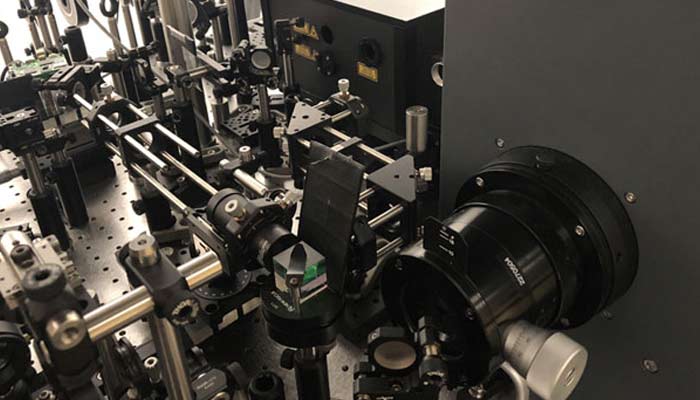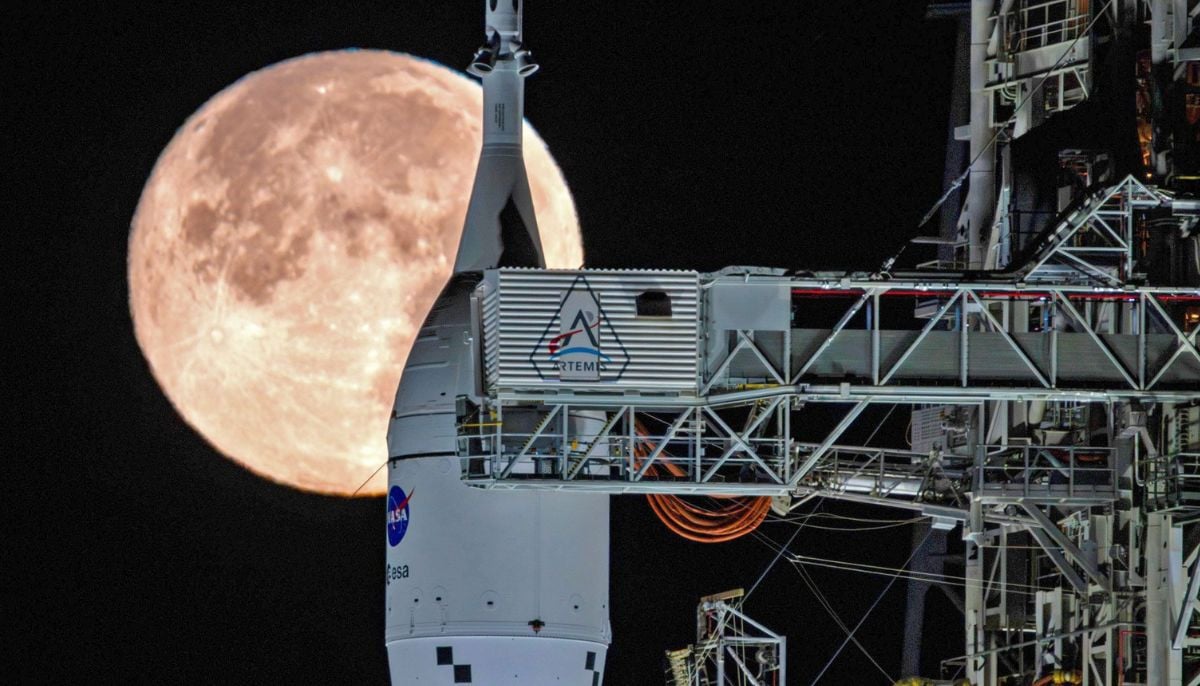World's fastest camera films at mind-boggling speed of 156.3 trillion fps
World's fastest camera, developed in Canada, is here to take over everything
A new ultrafast camera system that can record startlingly precise images at up to 156.3 trillion frames per second (fps) has been developed by the researchers.
Professional cinematic cameras, however, boast an fps rate in the thousands in comparison.
Researchers at Énergie Matériaux Télécommunications at the Research Centre Institut national de la recherche scientifique (INRS) in Canada developed this technology.
Scarf, which stands for swept-coded aperture real-time femtophotography, can record ultrafast demagnetisation of a metal alloy and transient absorption in a semiconductor with its novel technology.
The new technology will benefit advances in current physics, biology, chemistry, materials science, engineering, and other subjects, according to researchers.
In the journal Nature Communications, the details of the team’s work were published.
Professor Jinyang Liang, scientific head of the Laboratory of Applied Computational Imaging at INRS, laid the groundwork for Scarf.
The professor is known worldwide as a pioneer of ultrafast imaging and achieved a significant advancement in 2018.
The primary method employed by ultrafast camera systems has been taking individual frames one at a time until now.
They would take quick, repetitive measurements to gather data, then compile everything into a movie that recreated the movement they had seen, according to Interesting Engineering.
-
Hidden ‘dark galaxy' traced by ancient star clusters could rewrite the cosmic galaxy count
-
Astronauts face life threatening risk on Boeing Starliner, NASA says
-
Giant tortoise reintroduced to island after almost 200 years
-
Blood Falls in Antarctica? What causes the mysterious red waterfall hidden in ice
-
Scientists uncover surprising link between 2.7 million-year-old climate tipping point & human evolution
-
NASA takes next step towards Moon mission as Artemis II moves to launch pad operations following successful fuel test
-
Spinosaurus mirabilis: New species ready to take center stage at Chicago Children’s Museum in surprising discovery
-
Climate change vs Nature: Is world near a potential ecological tipping point?












